If Julian, Dick, George and Anne had become terrorists they’d have called themselves The Angry Brigade. It’s such a Wendy house name. The quartet of violent outcasts met in a Camden squat in the late Sixties and moved to Stoke Newington where they rented a house to deflect unwanted attention. They began planting bombs around London in the hope of jerking the proles from their consumerist trance and sparking a communist war. They preferred catchy locations for their fireworks: the Albert Hall, a BBC film unit, an MP’s garden. And it took the cops ages to track them down and sling them in jail.
James Graham’s new play uses a neat staging device. There are four terrorists and four detectives, and the same actors play both hunters and quarry. But the sprawling script features a handful of cameo roles as well and this mars the purity of the original scheme. The show might have been better researched. In the 1970s no one said ‘bog-standard’, ‘box-ticking’ or ‘go-to’ (as in ‘expert’). The telephones chirrup with the American, not the British sound-pattern. Ditto the police sirens. Neither of the male actors reaches the minimum height (5 ft 8 inches) stipulated by the Met in those days. And these young thesps are far too fresh and pink-cheeked to play senior detectives at Scotland Yard, so the investigation scenes have an atmosphere of parody that doesn’t suit the material.
Although Graham is a skilful weaver of plot lines, he dispenses with this great talent and offers us a series of busy vignettes. It can feel flimsy. The kindergarten Marxists consist of two Cambridge dropouts and a pair of nice girls from suburbia. They’re all clever, comfortably off and expensively educated, which proves that if you give people everything you make them dissatisfied. When they’re not denouncing the brain-dead suburbs and making weird speeches analysing ‘ironing’ as an act of violence, they like to sing nursery rhymes, school hymns and TV ditties. Secretly they hanker for the world they’ve vowed to destroy. And they conceal their bombs in boxes of soap powder and kiddies’ cereal, which suggests that their real target is the domestic hearth, family love and childhood. Gosh, what a ropey crew of whiners. I’m not convinced that the playwright likes them either. Hardly surprising. They combine arrogance and ignorance in equal measure. All their theories are somebody else’s. And they promote them without a trace of flair or originality. They can’t write. They can’t speak in public. The fact that there are four of them is significant. That’s the entire party membership. No one would follow these pious haters on their road to nowhere. Self-evaluation is beyond them. Their central claim — that citizens are zombies enacting futile dreams fed to them by hidden puppet-masters — fits them perfectly. But it doesn’t fit anyone else. And their strategy? Lead the masses towards utopia by bombing them. That sounds too silly to convince anyone until you remember Iraq in 2003.
I wanted this play to be a subtle and intriguing exploration of political extremism but the whole thing feels bitter, dim and grubby. The high-IQ losers didn’t even manage to kill anyone. That made me feel contemptuous of them. But that contempt itself felt sour because it was based on regretting an absence of bloodshed.
Tip-top Shakespeare at the Globe. A high-quality script too. The Merchant of Venice is Shakespeare’s most successful attempt at a romantic comedy and it’s underpinned by thrilling doses of viciousness, greed and thuggery. Jonathan Pryce’s Shylock is a nasty, self-righteous curmudgeon but he elicits our sympathy because his would-be customers treat him so badly. Swaggering Christians are happy to gob in Shylock’s face and then ask him for a loan. ‘Will he not revenge?’ You bet he will. The casket scene is presided over by willowy beauty Rachel Pickup as Portia and the comic opportunities are exploited superbly. The fun stuff works because it’s not just a frivolous caper. It’s real. The satire is aimed at the international marriage market of the early modern era. Grooms and brides, often without a common language, would meet as complete strangers on their wedding day and be thrown into a four-poster bed and ordered to produce litters of lusty squealers. The question was, who would marry whom? Portraits of eligible partners, along with gossip about their physical and emotional charms, would pass from one royal house to another in the hope of inspiring a match. It must have been gruesome for the participants. But absolutely hilarious for everyone else. And here’s Shakespeare milking it for all it’s worth. Is this version a tiny bit overdone? No. It’s completely and utterly overdone. But who cares? It’s the Globe. It’s great.
Got something to add? Join the discussion and comment below.
Get 10 issues for just $10
Subscribe to The Spectator Australia today for the next 10 magazine issues, plus full online access, for just $10.
You might disagree with half of it, but you’ll enjoy reading all of it. Try your first month for free, then just $2 a week for the remainder of your first year.

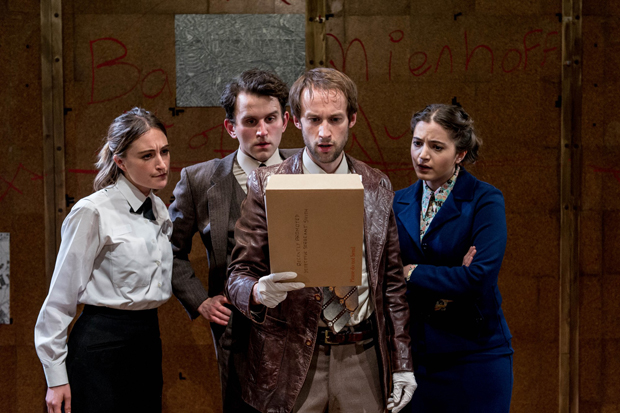
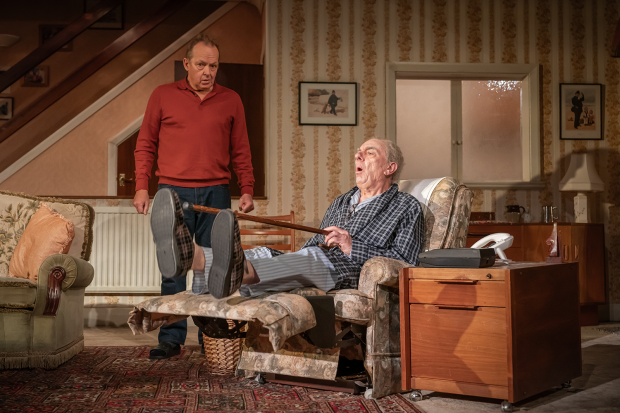
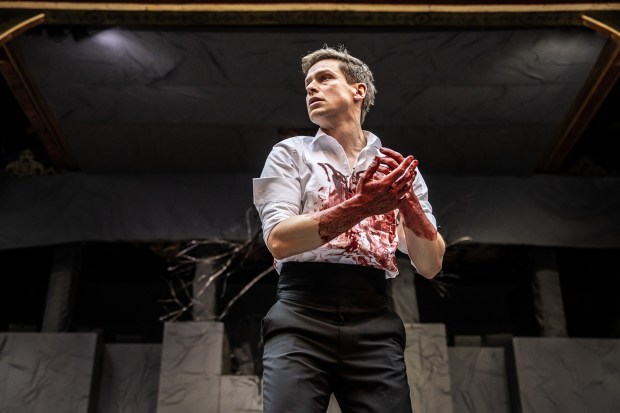
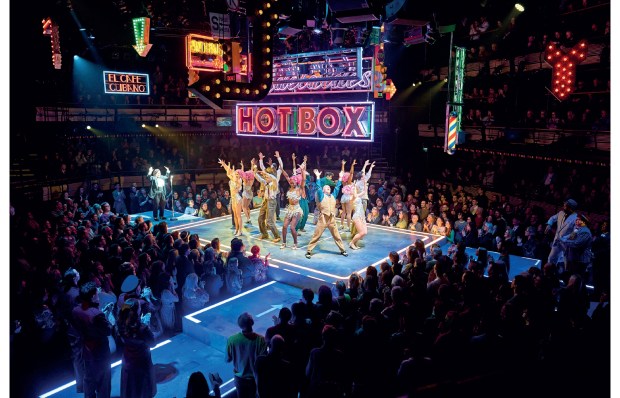
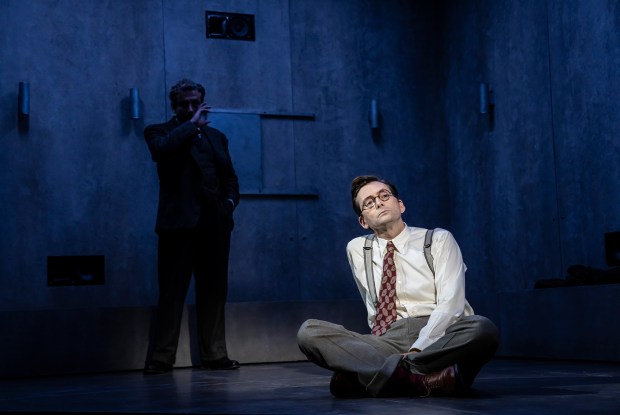








Comments
Don't miss out
Join the conversation with other Spectator Australia readers. Subscribe to leave a comment.
SUBSCRIBEAlready a subscriber? Log in